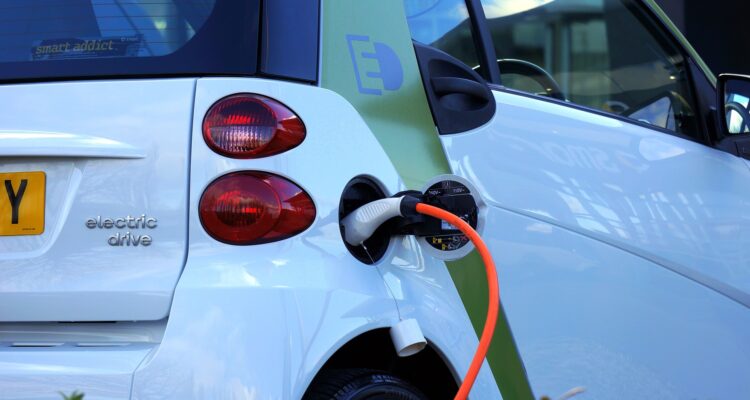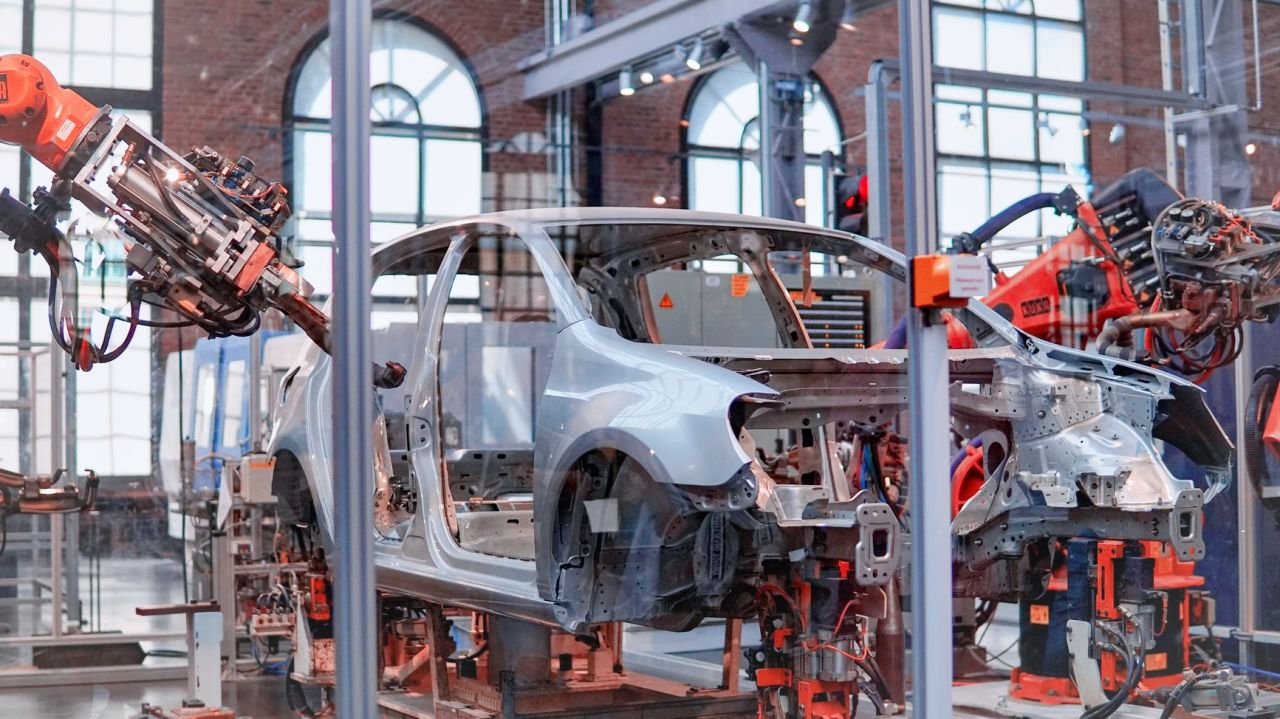France has emerged as a significant obstacle for those advocating a postponement of post-Brexit tariffs that are slated to impact electric vehicle (EV) trade between the United Kingdom and the European Union. This stance could potentially result in substantial revenue losses for automakers in the billions of euros.
The French government is hesitant to defer the tariff implementation, fearing it might be perceived as yielding to UK demands, which could discourage investments in EU battery infrastructure. This position remains steadfast despite the adverse effects these tariffs could have on Renault, partly owned by the French state, and Stellantis, the parent company of French automakers Citroen and Peugeot.
Most of the EU’s 27 member states, led by Germany, are open to a one-time extension of the deadline, but discussions on this matter are ongoing, and sources requesting anonymity confirmed this.
The crux of the matter revolves around whether electric vehicles traded between the UK and the EU will be subjected to a 10 percent tariff from the next year onwards if less than 45 percent of their value originates from the region, as per post-Brexit agreements. European automakers are lobbying for a three-year extension to the planned phase-in period, allowing for the development of the region’s battery supply chain.
The industry contends that failing to extend the deadline could cost it 4.3 billion euros ($4.5 billion) over the next three years, potentially favouring Chinese competitors. The French finance ministry declined to comment on this issue.
France’s reservations stem from concerns that granting a delay might send a political message that a country can enjoy the domestic political benefits of leaving the EU’s single market without bearing the associated costs, as stated by a French official. Nevertheless, some involved in the negotiations remain optimistic about reaching an agreement before the year-end deadline.
It is noteworthy that the UK represents almost a quarter of EU EV exports and is exempt from tariffs, as indicated in a document seen by Bloomberg. The document also highlights the significant surge in UK imports from China, which accounted for approximately one-third of sales last year, despite a 10 percent tariff. If European vehicles were subject to the same tariff, they would face a competitive disadvantage.
The issue has also divided opinion within the European Commission, the EU’s executive body. While the internal market commissioner, Thierry Breton, who is French, has stated that the EU cannot modify Brexit agreements to accommodate the automotive industry, the EU’s trade chief, Valdis Dombrovskis, expressed hope in avoiding tariffs without reopening the Brexit agreement.
In recent weeks, the largest lobby group for European car manufacturers, ACEA, has intensified its efforts to postpone the EV tariffs, citing potential production reductions of 480,000 cars in the region over three years. ACEA, along with other local groups, has reached out to various stakeholders, including German labour unions and European battery manufacturers, to garner support for the delay.
Brussels has been actively seeking to boost EU production, especially given substantial subsidies in the US that are diverting investments away from Europe, coupled with a strategic focus on reducing dependency on Beijing. However, critics argue that reshaping supply chains is a time-consuming process. Presently, most EV batteries, constituting around 40 percent of an EV’s value, are sourced from Asia, with China’s CATL enjoying a dominant position that is unlikely to change in the near term.








